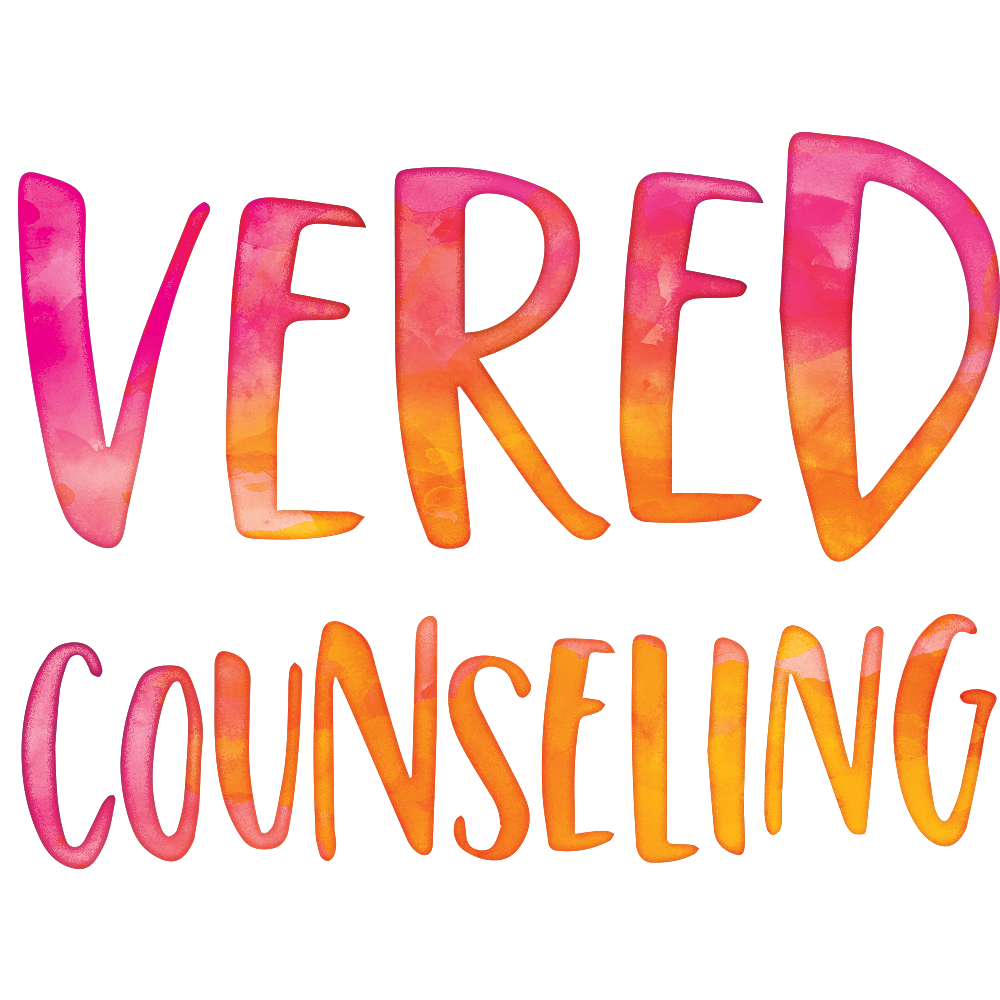I was interviewed by Thrive Global, a company founded by Arianna Huffington (of Huffpost fame). We talked about how to deal with difficult family members during the holiday season.
As a therapist for teens and young adults, I enjoy being able to share tips on navigating relationships. Here are some of my favorite excerpts from the interview.
On identifying healthy and unhealthy relationships:
Signs of a damaging relationship include
feeling like you’re always on guard,
feeling like you can’t breathe,
or feeling like you have to put on a fake persona the entire time.
If we’re used to being mistreated by a family member, we’re probably used to making excuses.
“It isn’t really bad.” “They’re just like that.”
If you can’t ever be yourself around them, then this relationship might be more damaging than you first realized.
If one of your relatives gets under your skin:
You can ask yourself
“Do I trust this person? “
“Is what they have to say helpful or true?”
If you can clearly see that this relative is full of it,
the nonsense they say can get under your skin less.
Sometimes, we can’t help who we’re around. Family can be tough that way. You can fight and argue, but you can also think “why bother?”
If someone isn’t ever going to take your side, why ask for their support?
If someone won’t think you’re ever good enough, why keep trying to impress them?
The things they say can still hurt, but you can redirect your energy and focus on what brings you joy.
On knowing whether to stand up for yourself or let something go:
This idea of not wanting to cause friction or upset others can become a slippery slope to condoning abuse.
There are absolutely times when it is okay to cause friction with other people or even piss them off.
Often, guilt and shame can make us silence ourselves. We’re afraid of getting labeled as “mean,” “jerk",” “difficult,” or worse.
If someone is hurting us, we have a right to tell them to stop.
And a final thought:
I would want people to know that the only way out of chaos is to be more of yourself, not less.
There is something wonderful in every single person I’ve worked with, no exceptions.
I’ve worked with a lot of adults and teens. Many of them started the journey feeling ashamed of who they were. Some of them felt like they did - or were - something unforgivable.
In every single case, they were able to understand themselves better and discover something wonderful that lived inside.
When we don’t show others who we are, we can never be accepted because they don’t actually know us.
When we begin to show people who we are, we begin to believe that who we are is lovable and worthy.
Counseling and improving self-esteem in teenagers and adults
Want more support? Vered Counseling is a mental health practice specializing in teens, young adults, and their families.
Read more about our teen counseling for anxiety, depression, PTSD, and body image issues. Or, check out our counseling for transgender teens.
We also offer gender dysphoria treatment in Texas and North Carolina and transgender information for parents.
If you want to find out more about starting therapy, feel free to contact Vered Counseling.
<3 Vered






